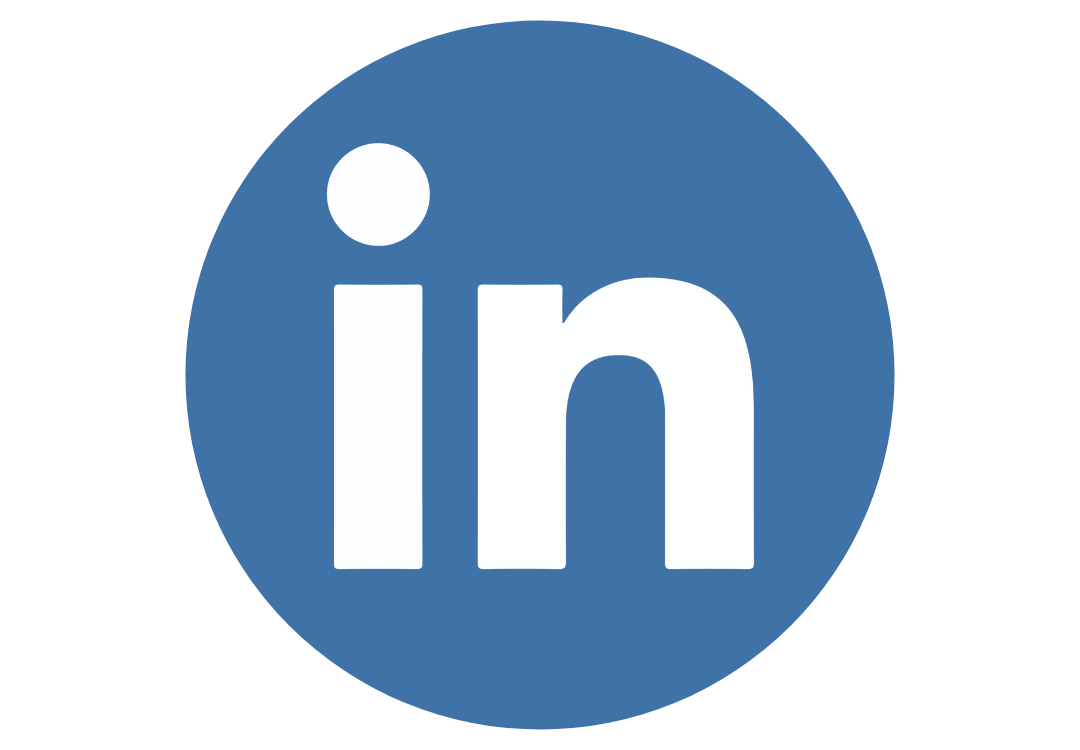Switzerland (Head Quarters)
IDR Medical Switzerland
Austrasse 95, CH-4051 Basel, Switzerland
T:
+41 (0) 61 535 1109
UK
IDR Medical UK
Unit 104 Eagle Tower, Eagle Tower
Montpellier Drive, Cheltenham, GL50 1TA
T:
+44 (0) 1242 696 790
USA
IDR Medical North America
225 Franklin Street, 26th Floor
Boston, Massachusetts 02110, USA
T:
+1 (0) 617.275.4465

The Rise of Digital Education in Healthcare
Digital education has steadily become more prevalent over the years.
During the COVID-19 pandemic it was used more than ever before; and not just in educating children in schools but also educating healthcare professionals in hospitals.
Providers of healthcare education utilised platforms such as Microsoft Teams and Zoom as a means of delivering webinars and hosting virtual conferences that aimed to bring together a network of nurses across the country and sometimes globally. Digital platforms have also been utilised to conduct online medical market research with the same groups.
These platforms have been used to launch new products and to deliver continued product support. Some providers also have their own educational platforms, where healthcare professionals can complete learning modules online.
In this month’s blog, IDR Medical explore the pros and cons of digital education, how to run a successful webinar and the future of digital education in healthcare….
Whilst digital education provided healthcare professionals with a means for continuing education during COVID, there are both upsides and downsides to remote learning…
|
Pros |
Cons |
|
|
Whilst it’s likely that healthcare professionals are itching to get back to face-to-face sessions, it’s clear that digital platforms will be used more and more in education and online medical market research.
Below is a list of IDR Medical’s key dos and don’ts when it comes to running a webinar or an online course…
Do:
-
Carefully plan your webinar/online course.
Think about what the overall learning objectives are and what participants will get out of the course, just as you would a face-to-face course. -
Tailor the content to your target audience.
Remember that non-specialists see a wide range of patients so are more likely to want a basic overview of a topic. -
Communicate the learning objectives upfront.
This will enable participants understand what they will be getting out of the course. -
Consider how to ensure your course contributes towards the healthcare professional’s revalidation.
For example, providing proof of attendance will enable them to log the course.
-
Select a trainer based on what your target audience will be expecting.
For example, a specialist nurse is more likely to expect to be taught by someone with similar qualifications or even an expert in their field. -
Save questions and answers until the end of the session.
Ask participants to type their questions into the chat box and select a handful of relevant/interesting questions to answer. -
Ensure the webinar is recorded.
Also be sure to save it as a resource online that healthcare professionals can access at a later date.
-
Get your timings right.
Do some research to understand when the most convenient time is for your target audience to attend. Participants generally prefer to listen live.
Don’t:
-
Run an online course/webinar for a full day.
Participants are less likely to be engaged if an online course lasts more than a few hours. Full days of education should be saved for face-to-face courses. -
Focus your webinar on practical tasks.
Practical learning should be reserved for face-to-face learning. One demonstration of a product/procedure might be valuable if done clearly, but participants could also feel that they are missing out. -
Make promoting your products the focus of the course.
Most participants will expect some product promotion from a manufacturer sponsored educational event, but if it diverts the course from the overall learning objectives, participants will likely become less engaged and less likely to attend future events. -
Forget to follow-up with participants following the course.
Send them a link to a short questionnaire asking for their feedback so you can learn what to improve for next time.
Blended learning, the combination of face-to-face and digital education, is likely to become the norm for education in healthcare in the future.
The COVID-19 pandemic has no doubt brought this forward by a few years, and as participants have experienced more digital education in the past year, many have seen the value of remote learning.
Some companies are ahead of the curve already, by implementing virtual reality and adaptive learning (AI) into their courses in order to make them more appealing.
However, many of the methods you can use are very simple and cost-effective, for example introducing games/quizzes to courses, and focussing on micro-learning modules and mobile learning in order to provide a short and quick course that healthcare professionals can review on the go.
How IDR Medical can help
At IDR Medical we have conducted market research to help our clients investigate current attitudes to digital education in healthcare, in order to help them develop their own education platforms.
As a renowned market research industry leader, we have conducted projects in over 30 countries to drive success of brands, products, and services of our clients.
If you are interested in conducting medical market research, do not hesitate to contact us. We would be delighted to offer an initial telephone discussion, or an online meeting to understand how we can assist you.

